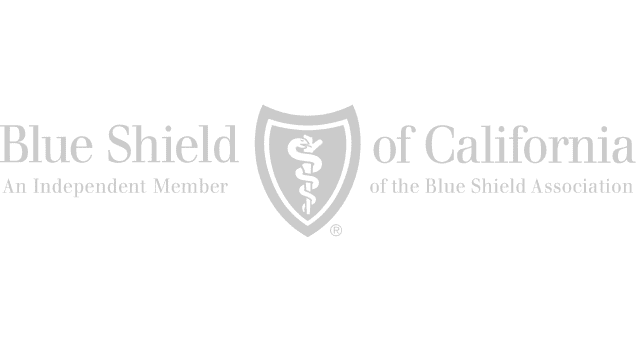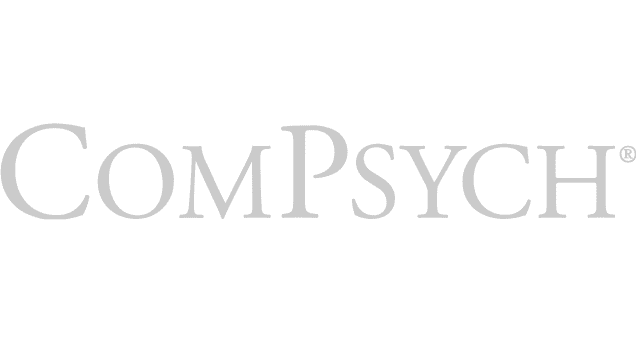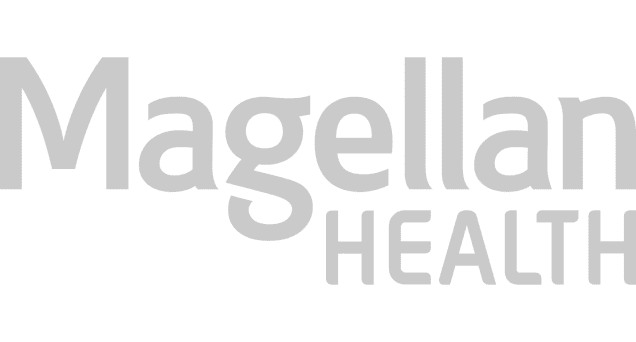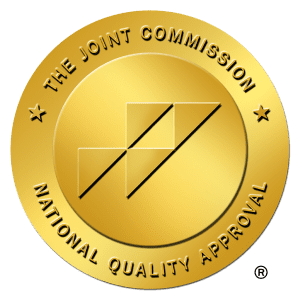Behavioral Changes
Recognizing sudden and unexplained behavioral changes can be one of the first indicators of addiction. Here’s what to look out for:
- Loss of Interest: Abandoning hobbies and activities that were once enjoyed.
- Secretive Behavior: Being evasive about whereabouts or activities.
- Neglecting Responsibilities: Falling behind in work, school, or home duties.
- Increased Risk-Taking: Engaging in dangerous activities without apparent concern.
Physical Symptoms
Substance addiction often manifests physically. Some signs that should raise alarm bells include:
- Changes in Appearance: Drastic weight loss or gain, unkempt grooming habits.
- Bloodshot Eyes: A common sign, especially with alcohol or drug use.
- Slurred Speech: Impaired coordination or difficulty speaking.
- Unexplained Injuries: Bruises, burns, or other injuries without a clear source.














